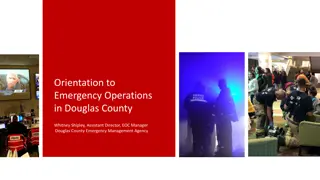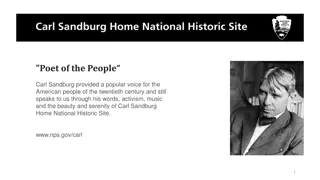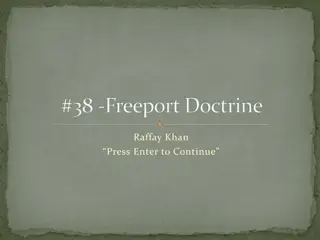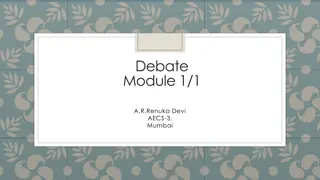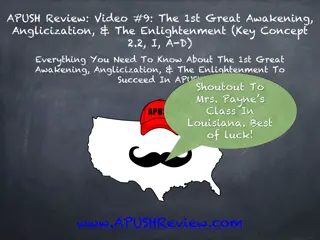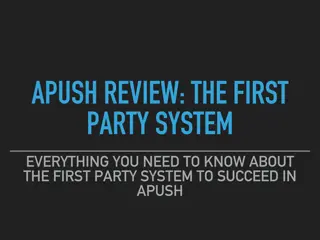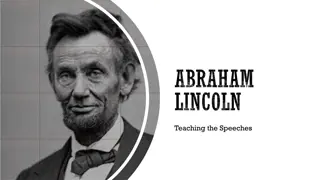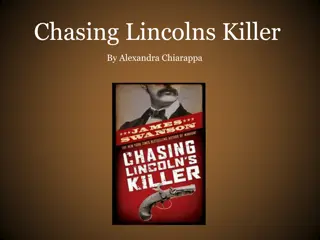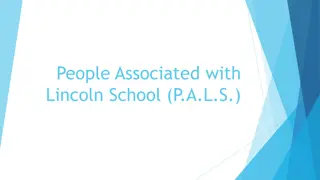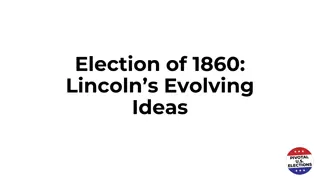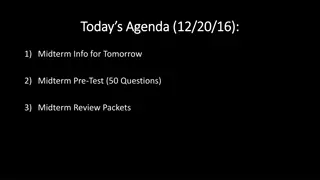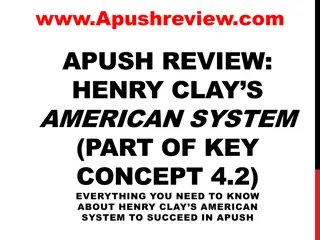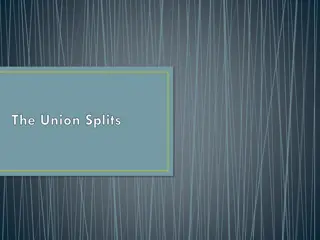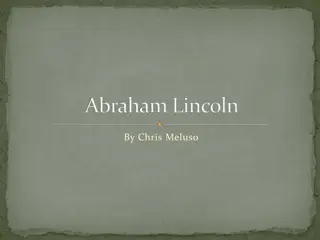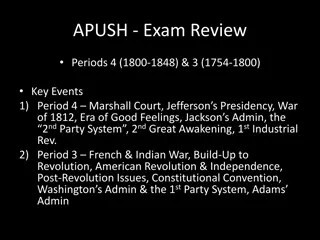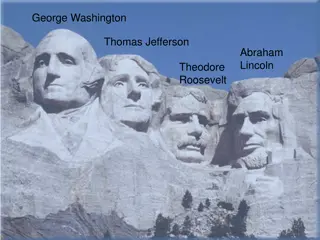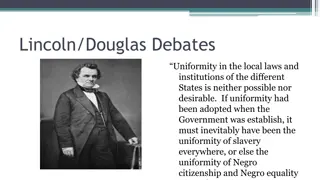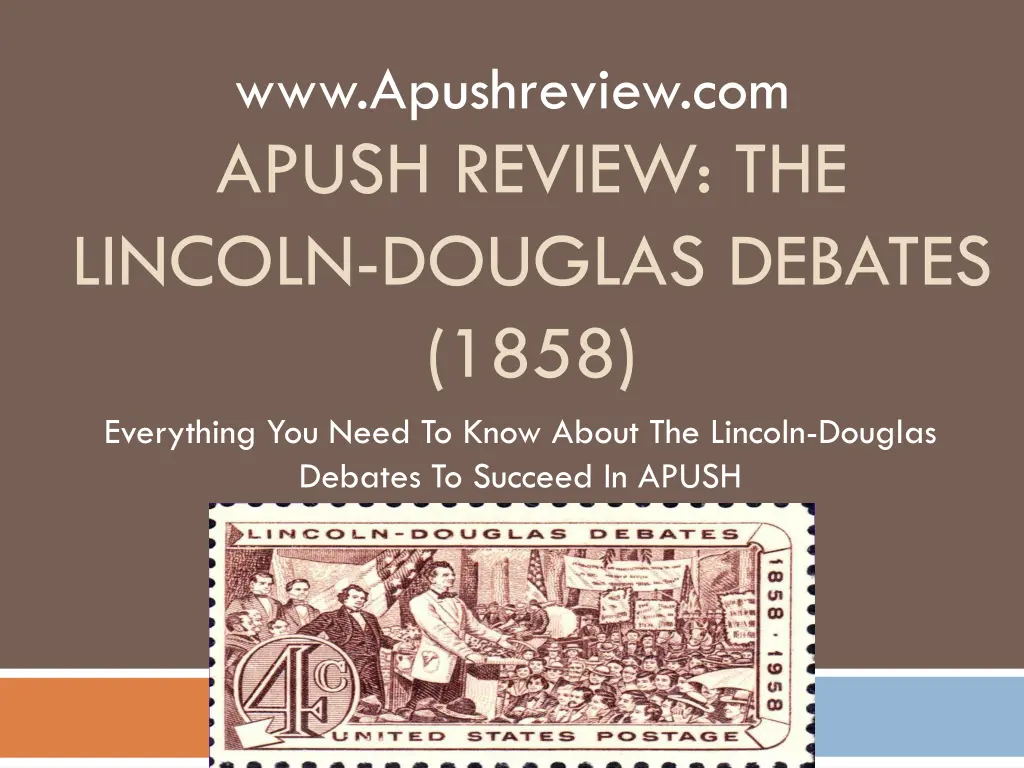
Lincoln-Douglas Debates 1858: Key Events and Results
Explore the pivotal Lincoln-Douglas Debates of 1858, including the Kansas-Nebraska Act, the Dred Scott Decision, and the Freeport Doctrine. Delve into how these events shaped the political landscape, leading to Douglas's election victory and Lincoln's national recognition.
Download Presentation

Please find below an Image/Link to download the presentation.
The content on the website is provided AS IS for your information and personal use only. It may not be sold, licensed, or shared on other websites without obtaining consent from the author. If you encounter any issues during the download, it is possible that the publisher has removed the file from their server.
You are allowed to download the files provided on this website for personal or commercial use, subject to the condition that they are used lawfully. All files are the property of their respective owners.
The content on the website is provided AS IS for your information and personal use only. It may not be sold, licensed, or shared on other websites without obtaining consent from the author.
E N D
Presentation Transcript
www.Apushreview.com APUSH REVIEW: THE LINCOLN-DOUGLAS DEBATES (1858) Everything You Need To Know About The Lincoln-Douglas Debates To Succeed In APUSH
Key Events Prior to 1858 Kansas-Nebraska Act (1854) and Bleeding Kansas KS-NB Act proposed by Douglas Dred Scott Decision (1857) Dred Scott, a slave, sued for freedom since he lived in a free territory Supreme Court ruled that: Scott was not a citizen, could not sue Slaves were property Property could not be taken away (violation of 5th amendment) nor be deprived of life, liberty, or property, without due process of law
The Debates Lincoln was chosen by the Republicans to challenge Douglas for the Senate seat Upon accepting the nomination, Lincoln gave his House divided speech half free. I do not expect the Union to be dissolved; I do not expect the house to fall; but I do expect it will cease to be divided. It will become all one thing, or all the other. I believe this government cannot endure, permanently, half slave and Lincoln Challenges Douglas to a series of 7 debates Remember, at that time, the state legislatures elected US senators Changes with the 17th Amendment in 1913
I answer emphatically, as Mr. Lincoln has heard me answer a hundred times Freeport Doctrine from every stump in Illinois, that in my opinion the people of a Territory can, by lawful means, exclude slavery from their limits prior to the formation of a State constitution. The second debate occurred in Freeport, IL Lincoln asked Douglas if slavery could be limited in spite of the Supreme Court s Dred Scott ruling Douglas, an advocate of popular sovereignty said yes In essence, Douglas said territories and states can pass laws that defy the federal government
The Results and Effects Douglas wins the election The Democratic Party is further split along sectional lines South distrusts Douglas Even though he lost, Lincoln becomes well-known nationally
Thanks for watching! Subscribe to my channel Help spread the word Questions? Comments? Ideas for videos? Leave in comments Subscribe for more amazing videos!

